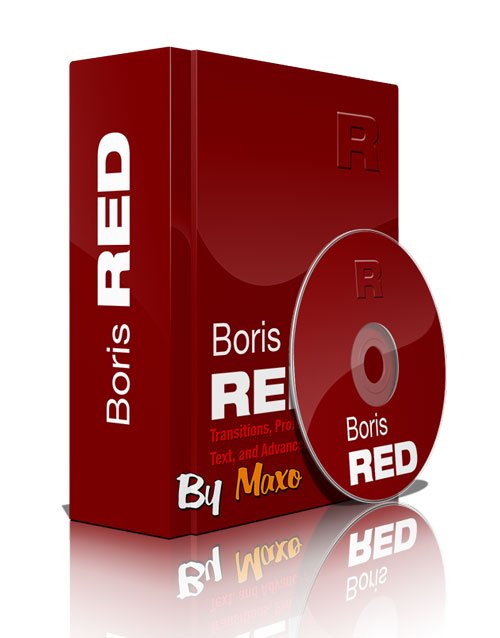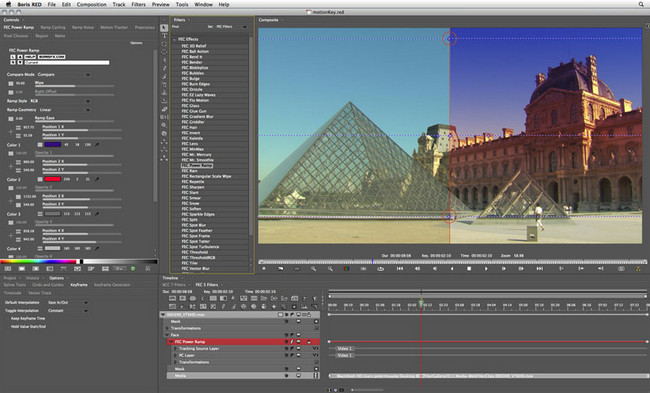

15, to 17 percent from 10.5 percent so far the bank has spent at least $10 billion in a bid to prop up the ruble. The Central Bank, under Putin's control, jacked up interest rates on Dec. Still, bailing is what the Kremlin has been doing in recent weeks.

Some 110 Russian billionaires control 35 percent of the vast country's total wealth, a staggering $420 billion that puts Russia at the top of the global heap for wealth inequality, Credit Suisse said in Oct. That amount is nearly equal to what Russia's oligarchs controlled as of late 2013, making them something of a central bank unto themselves, though they collectively lost $10 billion in just two days in the third week of December alone, according to the Bloomberg Billionaires Index.

(Ditto for Bank Rossiya, on which the Treasury also slapped sanctions, making it impossible for the bank to work with dollars or foreign institutions.) A key reason: While the ruble crash has depressed the value of those domestic assets, personally sanctioned oligarchs and the companies they control are firmly tethered to the Kremlin, and thus likely to receive any bailout needed from the Russian Central Bank's vast reserves of $416 billion in gold and foreign currency.ĭramatic falls in the ruble hit the poor in Russia the hardest. Treasury last March dubbed "the personal banker for senior officials of the Russian Federation, including Putin," are unlikely to suffer mortal damage. Petersburg-based Bank Rossiya, whom the U.S.

sanctions, including Yuri Kovalchuk, the billionaire chairman and largest shareholder of the St. "Only the poorest people in Russia keep all their assets in rubles-if you have dollars, now you're even richer," Zarkov tells Newsweek.Įven the clutch of oligarchs hit personally with U.S. Boris Zarkov, a celebrity restaurateur and owner of The White Rabbit, a glossy Moscow hot spot frequented by billionaires and the merely rich, said the award-winning restaurant still serves 400 clients a day despite a hike in prices for delectables ranging from crispy suckling pig and Chateaubriand steak to Russian delicacies like rabbit tongue in mustard sauce, young boar cutlets and pine cone jams. "Most of the oligarch's net cash is safely in foreign currencies in foreign banks, and has been for a while."Īt the same time, he said, Russia's wealthy elite still have plenty of pocket cash, both rubles and dollars, at home. "So many oligarchs and others with cash have had plenty of time and warning to transfer their wealth out of the country well before this crisis," Chris Weafer, a senior partner at Macro-Advisory Ltd, an economic and financial consulting firm in Moscow, tells Newsweek. But despite facing the biggest economic challenge in two decades, Moscow's fabulously wealthy appear to be doing fine. In another major industrialized nation, the double whammy of sanctions and a nosediving currency could potentially wipe out fortunes and power bases overnight. The secretive group, known popularly as the oligarchs, for their control over Russia's oil, metals, banking, gas, fertilizer, electricity, railways, aviation, defense and telecommunications industries, now has two ugly holiday presents: broad sanctions as punishment for Putin's Crimean land grab last March, and a burgeoning currency crisis as plummeting prices for oil, the main force behind the Russian economy, send the ruble into a tailspin. It would seem to be a stressful holiday season for Russia's ultra-wealthy elite, the gilded class of post-Communist billionaires with a taste for costly things and close ties to Russian President Vladimir Putin.


 0 kommentar(er)
0 kommentar(er)
